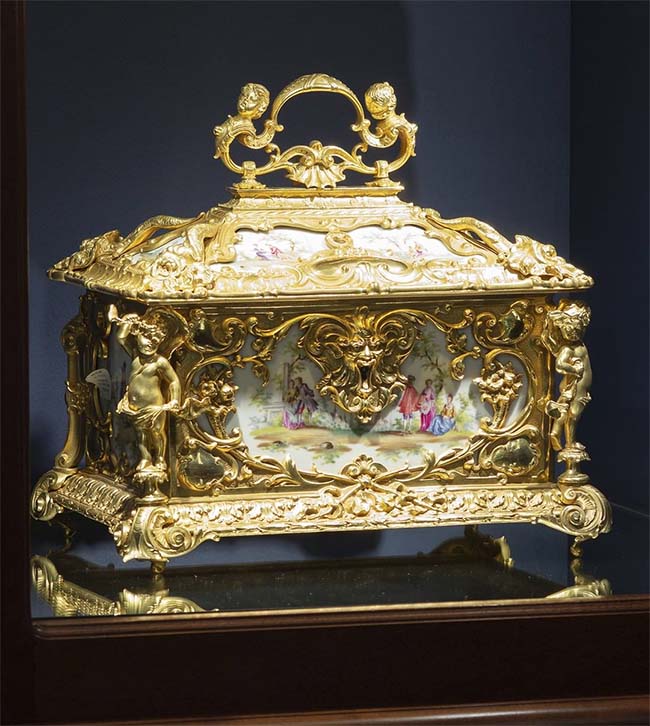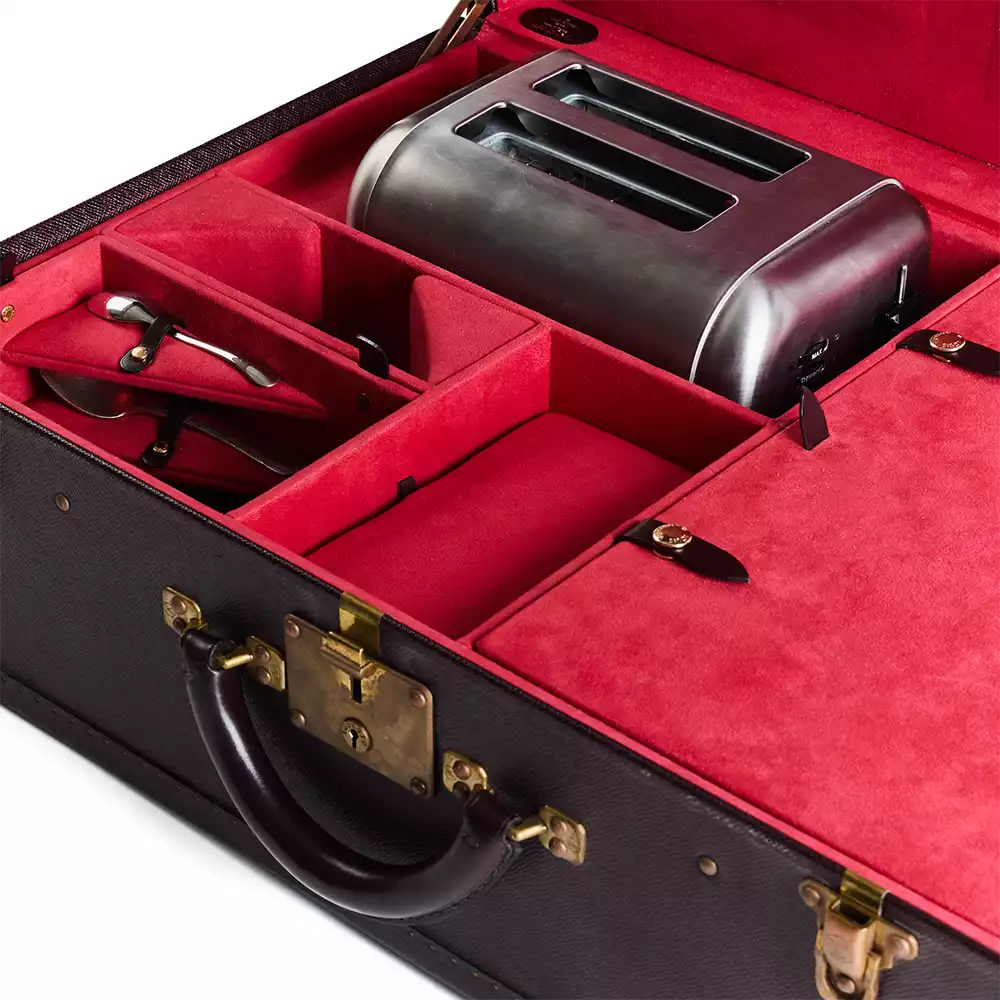 Lifestyle habits, values, traditions, homes, businesses – there’s a lot of things that parents pass down to their children. While these are all significant, there is nothing more special than passing down a family heirloom. Heirlooms hold a sentimental and/or financial value and are commonly shared through the generations.
Lifestyle habits, values, traditions, homes, businesses – there’s a lot of things that parents pass down to their children. While these are all significant, there is nothing more special than passing down a family heirloom. Heirlooms hold a sentimental and/or financial value and are commonly shared through the generations.
When you’ve been given something that’s been treasured in your family for years, it is your responsibility to take care of it until it’s your turn to pass it down to your children.
Photographs
Pictures are commonly handed down from one generation to the next. Pictures can tell stories of times past and help to create memories of ancestors that came before you. As you want to pass them down in mint condition it is recommended that you place photos in an album that has sheet protectors to keep the photos from getting damaged. You should also be sure not to store your photos in very damp or humid areas to prevent distortion or mold growth. Lastly, storing them in a fireproof safe or backing the photos up on a digital device is a great way to protect them should a fire or other natural disaster occur.
Jewelry
All too often mothers and grandmothers pass down antique rings, necklaces, bracelets, and brooches to their daughters. To preserve the jewelry, it is ideal to have it cleaned, repaired (if necessary), and then store it in a soft cloth bag and place it in a jewelry box for safekeeping. Storing valuable jewelry in a safe is also ideal to prevent the likelihood of it being stolen.
Furniture
That antique china cabinet from your great grandmother or that beautiful rocking chair from your grandfather brings back so many memories of when you were a child. You want nothing more than to be able to give these things to your children when they’re old enough. To ensure there’s something left to pass down, you have to care for your furniture. If the furniture is damaged, make the necessary repairs without destroying its original character and value.
Make sure that you keep it clean by dusting or wiping it down with a damp rag and a mild soap. Protecting the furniture from further damage is also important. You can purchase covers for couches and chairs, use cup coasters to protect wooden furniture from water damage, and more importantly, hire professional movers if you ever need to move the furniture to avoid dinging it up.
Clothes
Clothes are another common family heirloom. Wedding dresses, for example, are very popular. As clothes can deteriorate over time and even be destroyed by insects and pests like moths and mice, you need to take extra precautions. Start by having the clothes professionally cleaned to remove any stains. Then, store the clothes in a garment bag or a cedar box for preservation.
Special Papers
Newspaper clippings, birth certificates, college degrees, special letters of honor, and more are passed down through families. As special as these documents can be, they are also some of the most vulnerable heirlooms. Paper can easily get damaged, dry up, and crumble to pieces leaving nothing behind. To take proper care of important papers store them in acid-free plastic sleeves for protection. Much like photographs, you also want to store these documents in an area free from moisture or humidity. When handling paper documents, it’s also important to wear gloves to keep the oils from your skin from damaging the document.
Leave Notes and Important Info
The hope is that one day you’ll be able to pass the heirloom down to your child, but you never know what life has in store. Should you pass away beforehand, you want your child to know what it is, where it came from, and why it’s so important to your family. Write a small note including information like who’s it was, where it originated from, who gave it to you, how old you were when you received it, and, of course, why you want your child to have it. It may also be a good idea to add the heirlooms to your will so there is no disputing.
For centuries, families have been passing down everything from clothes and jewelry to recipes and furniture that tell stories and bring meaning to their lives. To keep the tradition going, it is important that you do whatever you can to properly preserve and care for your family heirlooms. Hopefully, this advice will help you to hold onto meaningful treasures that can one day be shared with your children.


